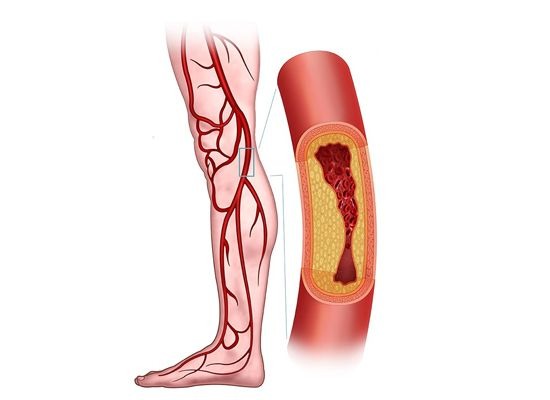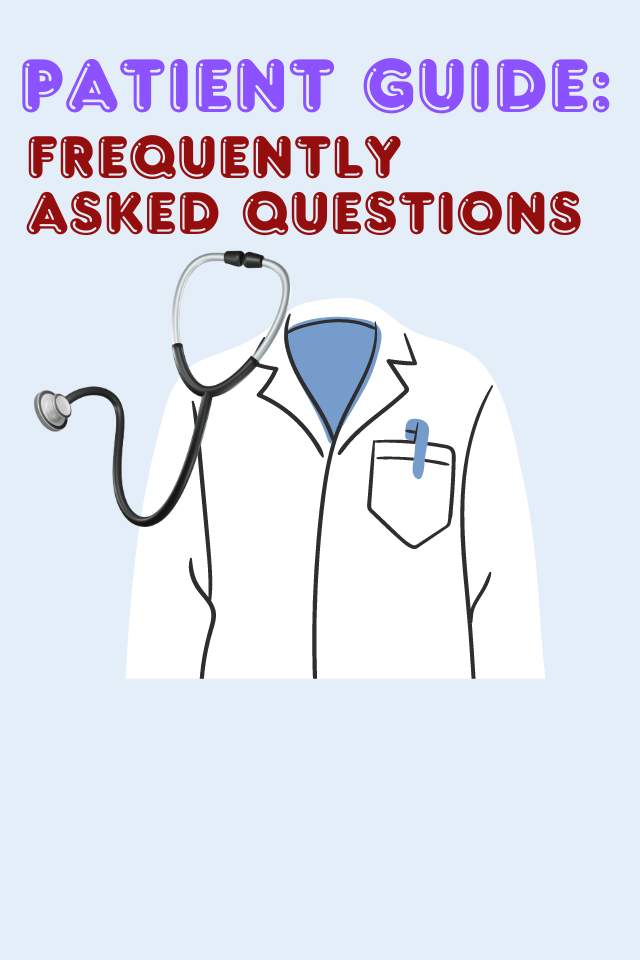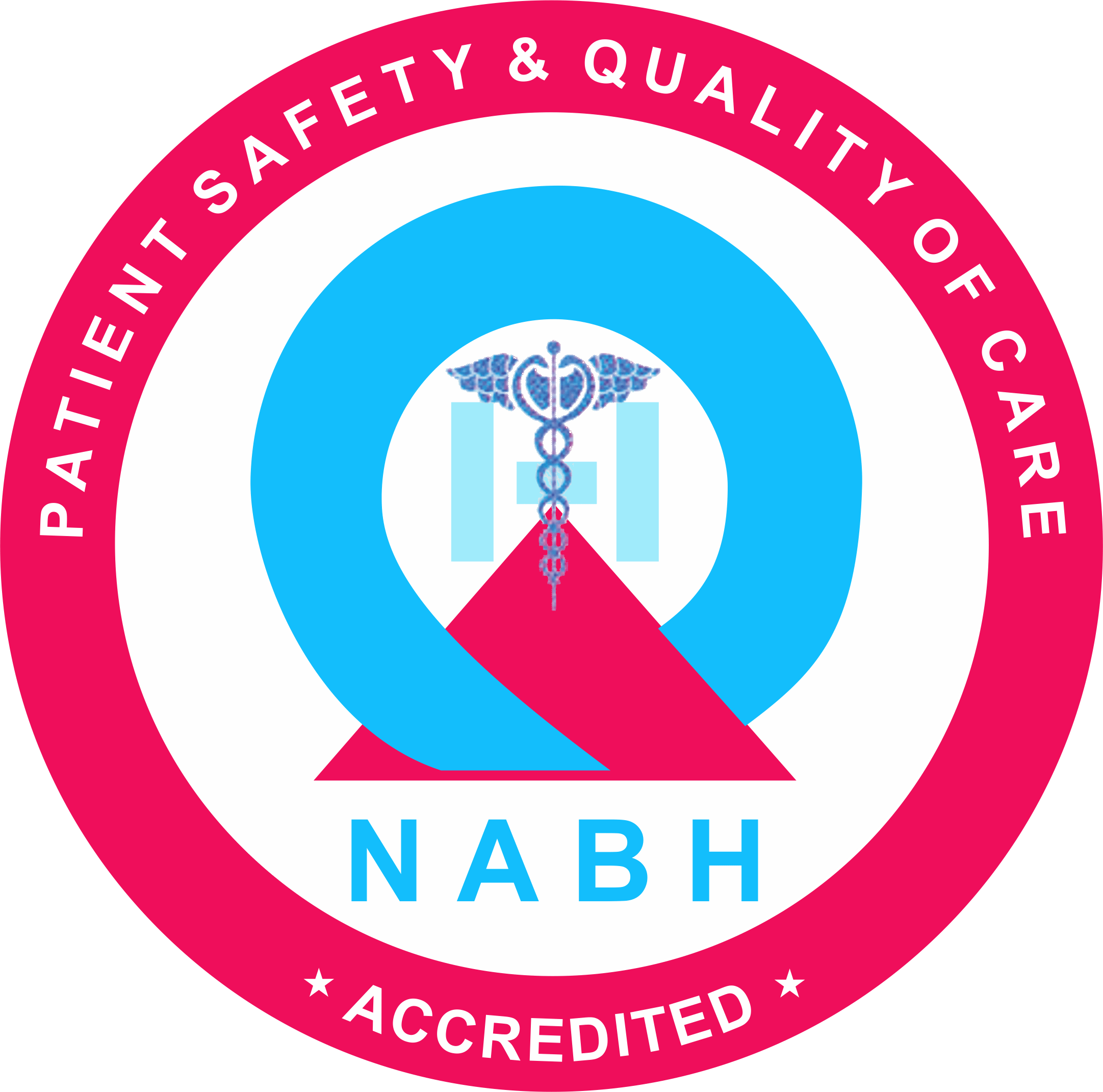Specialities & Services Offerred
Vascular Surgery
Expert surgical care for diseases of the blood vessels, offering advanced treatments to improve circulation and vascular health.
Vascular Surgery
Vascular surgery is an umbrella term for a range of open surgeries and minimally-invasive procedures involving your blood vessels. Your blood vessels are a network of arteries, veins and capillaries that carry blood to and from your heart and nourish your organs and tissues. Many different vascular diseases can damage your blood vessels and raise your risk of complications.
Vascular surgeons diagnose and manage vascular diseases. Sometimes, lifestyle changes and medications can effectively manage your condition. Other times, you may need surgery to prevent the problem from getting worse.

Facilities Available
Experience modern healthcare with unparalleled comfort, convenience to ensure the best patient care and satisfaction.
Get a Quotation
Request a personalized quote for your healthcare needs quickly and easily. Contact us today for detailed pricing information.

When is vascular surgery needed?
Whether or not vascular surgery is needed depends on the type of vascular ailments you have as well as its severity. A doctor or healthcare provider will review these and other factors before recommending vascular surgery.
Overall, getting an early diagnosis and sticking to treatment plan can go a long way in preventing the need for vascular surgery. Many vascular diseases can be managed through changes in lifestyle and medications.
For example, lifestyle and medication treatments can work well for peripheral artery disease (PAD) when it’s not very severe. However, if the ailments progresses and becomes worse, a doctor may recommend surgery to prevent complications and improves quality of life.
In other vascular diseases, surgery may be critical in preventing serious health outcomes, such as severe internal bleeding. An example of this is repairing an aortic aneurysm before it can rupture.
A vascular surgeon evaluates your situation and decides the best treatment for you. Some people need surgery or a procedure along with medications.
What happens during vascular surgery?
Depends on the condition you have and the specific surgery you need. Your surgeon will tell you exactly what to expect during surgery. As a starting point, it’s important to learn whether surgery will be open or minimally invasive. These are two different approaches that surgeons use to access blood vessels.
1. Open surgery: Your surgeon makes a long incision to directly access the blood vessel that needs treatment.
2. Endovascular surgery: This is minimally-invasive surgery. Your surgeon uses smaller incisions rather than a long incision. They insert a catheter (thin tube) into an opening and guide it to the spot that needs treatment. Usually, recovery is easier compared with open surgery.
How effective is vascular surgery?
Vascular surgery can help decrease the risk of experiencing more severe health problems like stroke and aneurysm rupture. It may also improve quality of people who were experiencing more serious symptoms.
Overall, endovascular surgery can have a shorter recovery time and hospital stay. However, it may not lead to better outcomes than open surgery.
For example, studies on endovascular versus open surgery for aortic aneurysm have found that long-term survival after endovascular surgery is the same after open surgery.
Frequently Asked Questions
Common Questions
Vascular surgeons treat conditions affecting the blood vessels, including arterial diseases (such as aneurysms and peripheral artery disease), venous diseases (such as varicose veins and deep vein thrombosis), and lymphatic system disorders.
Common procedures include angioplasty and stenting, bypass surgery, carotid endarterectomy, aneurysm repair, and varicose vein treatments such as laser therapy and sclerotherapy.
Angioplasty involves inflating a small balloon inside a blocked artery to open it up. A stent, which is a small mesh tube, is then placed in the artery to keep it open and ensure proper blood flow.
Prevention strategies include maintaining a healthy diet, regular exercise, managing blood pressure and cholesterol levels, avoiding smoking, and controlling diabetes. Regular check-ups with your healthcare provider are also important.
Coverage varies depending on your insurance provider and policy. It's advisable to check with your insurance company regarding coverage for consultations, diagnostic tests, treatments, and surgical procedures.




